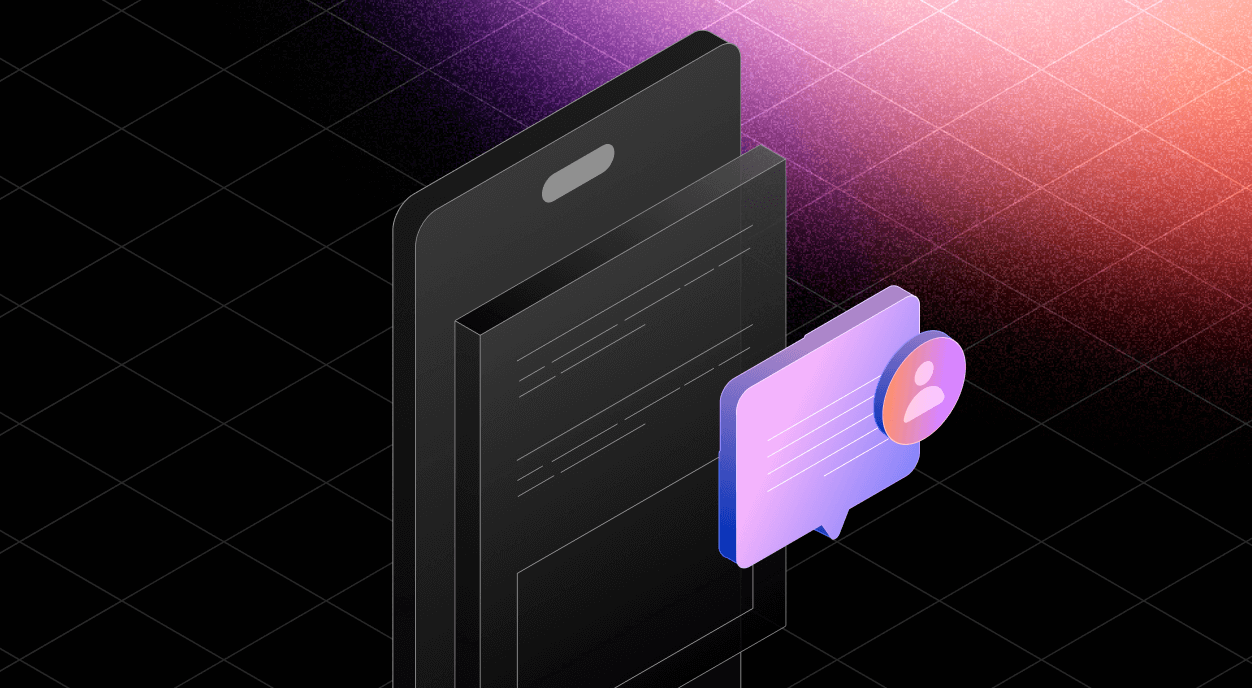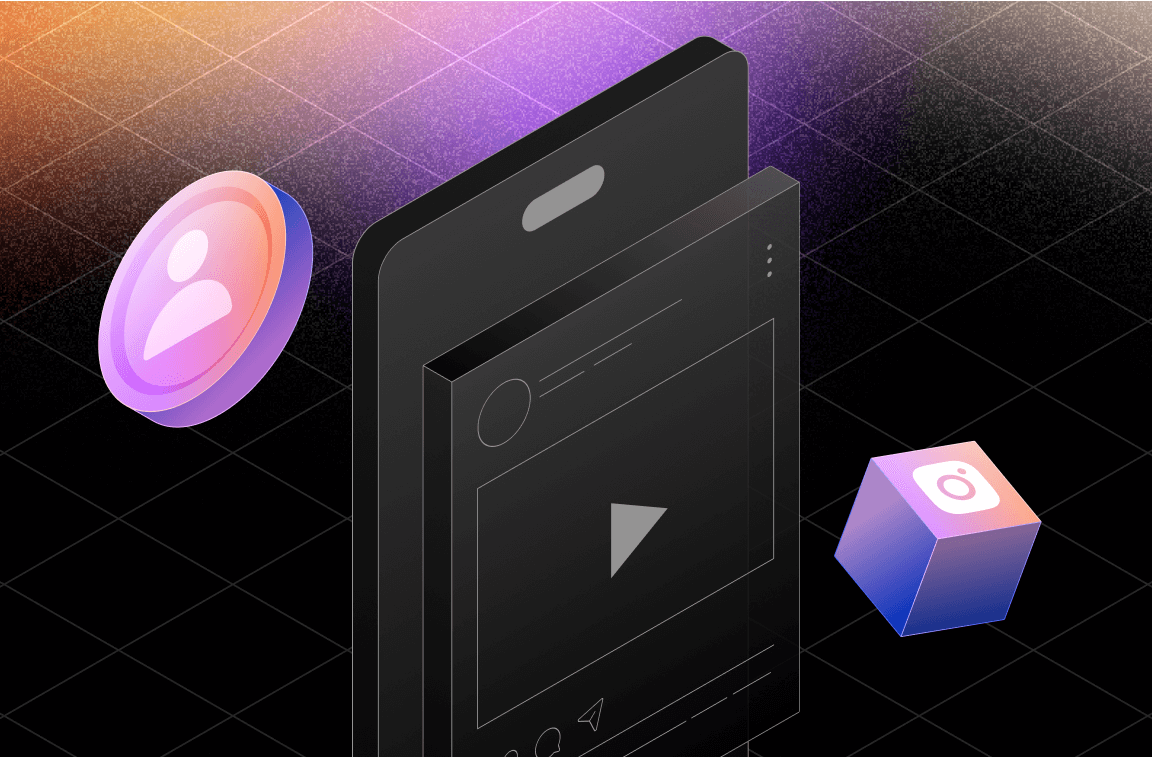How to increase your Facebook reach by over 200% with this simple trick
Boost your Facebook reach by 200% with a simple Reach & Retarget strategy. Drive engagement and expand your audience!

The Simple Trick: Running a Facebook Reach Campaign and Retargeting Engagers
If you're aiming to boost your Facebook reach by more than 200%, the answer might be simpler than you think: a Reach Campaign followed by a well-structured retargeting strategy. This combination allows you to reach new audiences effectively and re-engage those who showed initial interest, maximizing exposure without breaking the bank.
Setting Up a Facebook Reach Campaign for Maximum Visibility
When it comes to creating an impactful Reach Campaign, the goal is to expose your brand to the largest possible audience. Facebook’s Reach objective is specifically designed to show your ads to as many people as possible within your target demographic. Start by defining a broad audience to allow Facebook’s algorithm to identify and optimize for the best viewers.
Choosing Your Audience
Broad targeting works well for Reach campaigns, as it gives Facebook flexibility in finding the best audience for your content. Avoid niche targeting at this stage, as it can limit the scale of your reach. Instead, focus on general demographic and geographic filters relevant to your product or service.
Creating Scroll-Stopping Content
The success of a Reach Campaign is heavily influenced by your ad creative. Aim to create eye-catching, visually appealing content that captures attention immediately. Use bright colors, short videos, or images that convey your brand's unique value proposition. Authentic content, such as testimonials or behind-the-scenes shots, can also increase engagement, encouraging viewers to interact.
Testing Your Initial Campaigns
Before diving into a larger ad spend, consider running a small test campaign to gauge engagement. Testing allows you to identify which ad formats and content types resonate most with your audience. Use this data to refine your creative assets and improve ad performance before scaling up.

Retargeting Engaged Users: Building Warm Audiences
Once your Reach Campaign has generated interest, the next step is to retarget those who interacted with your ads. These individuals are considered “warm audiences,” meaning they’ve already shown interest, and retargeting them can lead to higher engagement and conversion rates.
Setting Up a Custom Retargeting Audience
Facebook allows you to create custom audiences based on specific engagement types, such as users who liked, shared, or commented on your ad. Retargeting these engaged users is crucial, as they are more likely to be receptive to follow-up ads. In your Ads Manager, navigate to the Audiences section, and select “Engagement” as your custom audience type. This feature enables you to segment viewers based on how they interacted with your original Reach Campaign.
Crafting Retargeting Ads to Convert Interest into Action
With your retargeting audience set, focus on creating ads that address their potential interests. Use ad copy that emphasizes benefits, addresses potential questions, or highlights product features they might have missed. Video ads work particularly well for retargeting, as they capture attention while providing more in-depth information.
For instance, if your initial Reach Campaign introduced your brand, the retargeting ad can dive into specific product details, testimonials, or limited-time offers. By catering your message to an already interested audience, you increase the chances of moving them further down the conversion funnel.
Timing and Frequency: Avoiding Ad Fatigue
Balancing timing and frequency is key to any retargeting strategy. While you want to stay top-of-mind, oversaturating your audience can lead to ad fatigue, where viewers begin to ignore your ads.
Adjusting Ad Frequency
Facebook provides tools to control ad frequency, allowing you to manage how often the same person sees your ad. For retargeting campaigns, consider capping ad frequency to avoid overwhelming viewers. A good rule of thumb is to limit retargeting ads to 2-3 times per week, giving your audience time to absorb the information without feeling inundated.
Scheduling Retargeting Campaigns
Timing is everything. Schedule retargeting campaigns based on your initial Reach Campaign to ensure continuity. If your Reach Campaign ran over the weekend, consider launching the retargeting campaign early in the week, when your audience is most likely to recall your brand.
Implementing a Sustainable Strategy for Ongoing Growth
While a one-time campaign can boost reach, a sustainable approach to Facebook advertising yields better long-term results. Consistently running Reach Campaigns and retargeting those who engage allows you to build a loyal following, steadily expanding your audience and improving brand recognition.
Running Consistent Reach Campaigns
A regular cadence of Reach Campaigns, spaced throughout the month or quarter, keeps your brand in front of new audiences. This strategy builds a continuous pipeline of engaged users for your retargeting efforts.
Retargeting Strategy Adjustments Based on Engagement
Analyze engagement data from each retargeting campaign to identify what’s working. Did video ads perform better than images? Were product-focused ads more engaging than general brand ads? Use these insights to refine your approach, adjusting content types, messaging, and formats as you go.
Measuring Success: Analyzing Reach and Engagement Metrics
As with any digital marketing strategy, measuring success is essential. Regularly review your campaign metrics to understand what’s driving your reach and engagement. Key performance indicators (KPIs) for Reach and Retargeting Campaigns include impressions, reach, engagement rate, and cost-per-engagement.
Analyzing Retargeting Impact
For retargeting, focus on conversion-related metrics like click-through rate (CTR), cost-per-click (CPC), and ultimately, conversion rate. This will help you gauge how effective your retargeting efforts are in driving users from awareness to action. By tracking these metrics, you can optimize future campaigns and further boost your reach.
Identifying Patterns in Audience Behavior
Look for patterns in engagement behavior. For example, if video content consistently performs better, consider increasing your video content output. Alternatively, if certain times of day yield higher engagement rates, schedule future ads to run during those peak hours.
Conclusion
Using a Reach Campaign combined with strategic retargeting is a simple yet powerful way to expand your Facebook reach by over 200%. By reaching new audiences initially and re-engaging those who show interest, you’re building a dynamic, growth-oriented approach to Facebook advertising. With consistent testing, data analysis, and audience understanding, you’ll find that this strategy not only boosts reach but also lays a foundation for long-term success.




